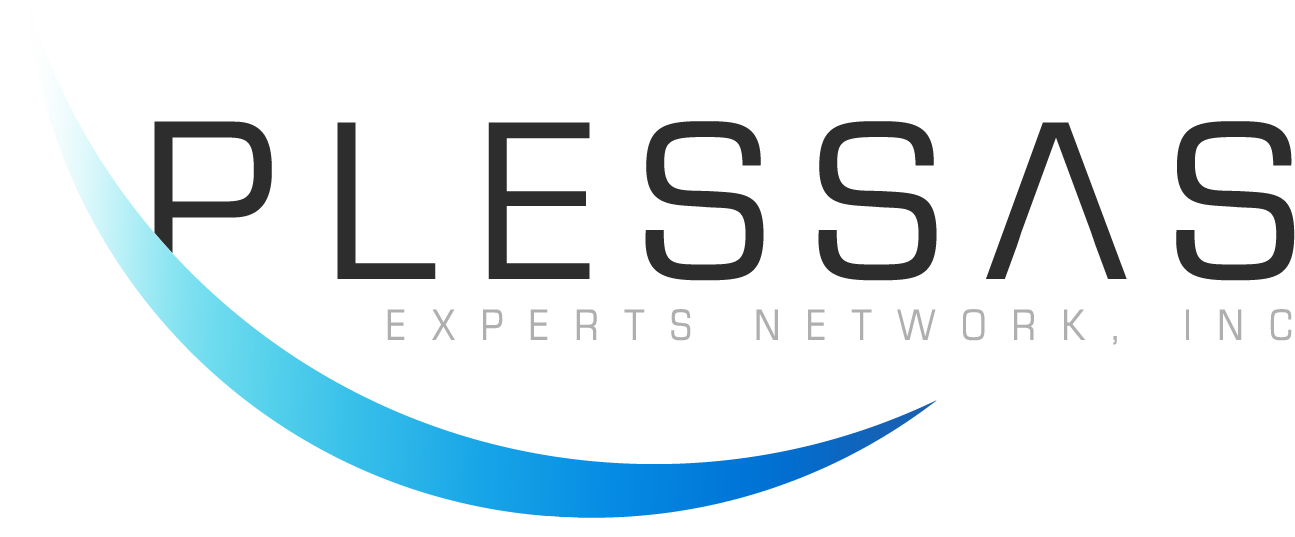New Policy Effective January 1, 2026: Citing Artificial Intelligence (AI) Using MLA Standards
Plessas Enterprises Network (PEN) is committed to transparency, ethical communication, and academic integrity in all content we produce. As artificial intelligence (AI) tools become integral to research, writing, and creative processes, we are introducing a new company-wide standard for properly citing AI-generated material.
Effective January 1, 2026, all PEN staff, contractors, and collaborators must cite AI tools using the Modern Language Association (MLA) 9th Edition format when AI has contributed to written, visual, or multimedia work.
MLA Citation for AI Tools
When an AI system such as ChatGPT, DALL·E, Gemini, or Claude is used to assist in generating, editing, or refining content, it must be cited as follows:
Format:
“Author.” Title of the AI Tool. Version (if applicable), Company Name, Date of Interaction, URL (if applicable). Prompt (optional, if relevant to the content).
Example:
OpenAI. ChatGPT, version GPT-5, OpenAI, 4 Nov. 2025, https://chat.openai.com/. Prompt: “Create a policy for citing AI using MLA standards.”
Disclosure Requirement
All published materials must include an AI Contribution Statement, such as:
“This content was developed in part using AI assistance from OpenAI’s ChatGPT (version GPT-5).”
This ensures that audiences understand when and how AI contributed to the creation of our work.
Commitment to Integrity
PEN prohibits presenting AI-generated text, imagery, or data as fully human-created without disclosure. AI citations must be verified for accuracy, and all factual content generated by AI must be independently checked.
This policy reflects PEN’s continued dedication to transparency, responsible innovation, and thought leadership in the ethical use of technology.
OpenAI. ChatGPT, version GPT-5, OpenAI, 4 Nov. 2025, https://chat.openai.com/. Prompt: “Create a policy for citing AI using MLA standards.”
